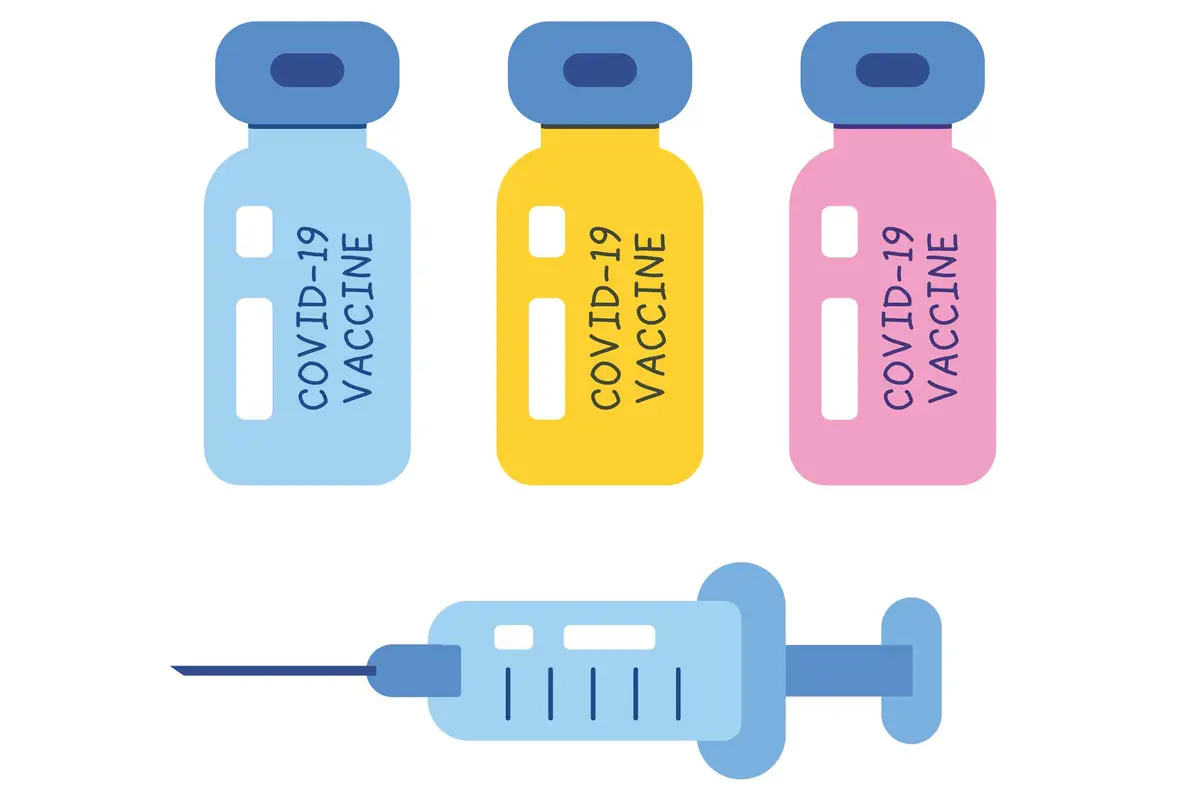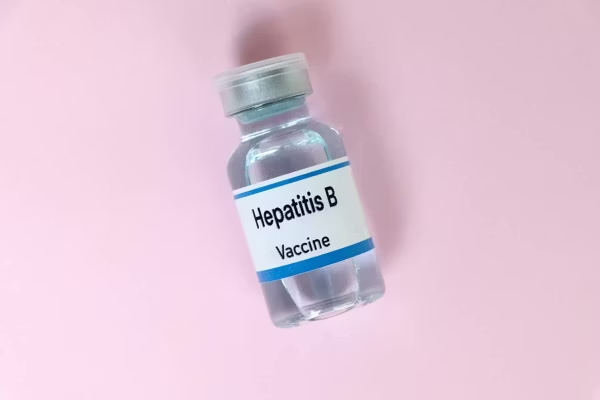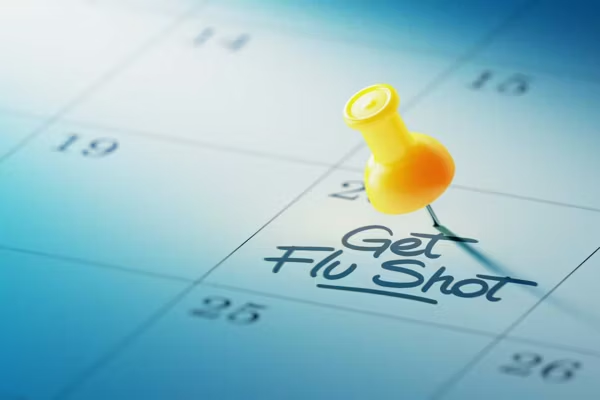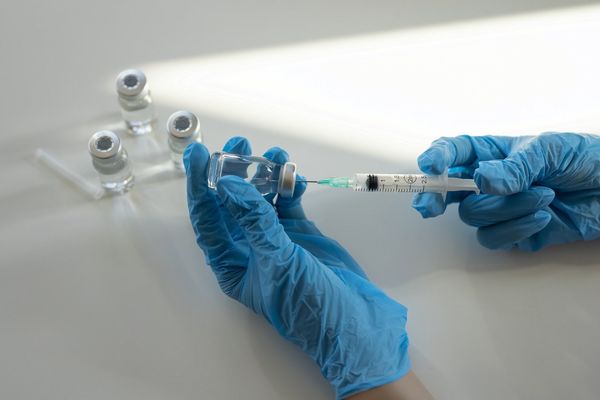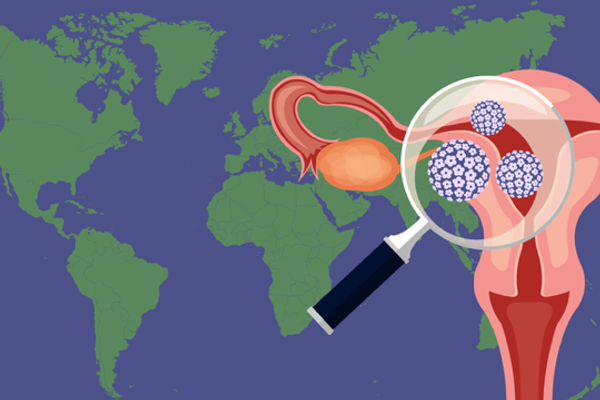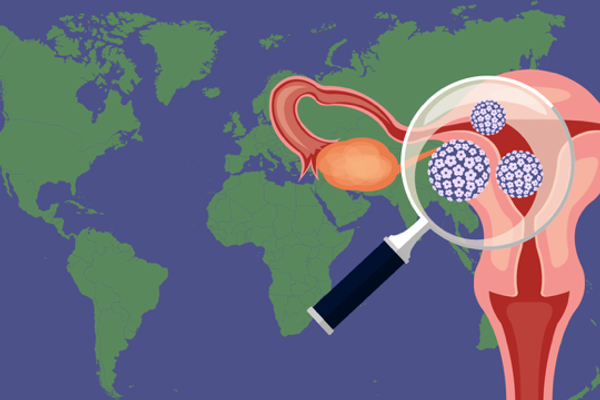Finally, the wait is over and we have three safe and effective vaccines available to help fight the Covid-19 pandemic.
You've probably heard some information about the vaccines that will be available to you, but do you really know how they work? We're here to tell you about the Pfizer, Moderna and Johnson & Johnson vaccines — and why you should be getting one of them when it's offered to you.
What do the three Covid-19 vaccines have in common?
While all three vaccines have some differences, they do share certain features. The most important similarity is that all of these vaccines are safe and effective at preventing symptomatic Covid-19 and have a significant impact on the rates of hospitalizations and death. Because of the seriousness of the pandemic, all three have been given approval through an emergency use authorization from the U.S. Food and Drug Administration.
The Pfizer, Moderna and Johnson and Johnson (J&J) vaccines are all administered the same way — through a shot in the arm, and much like other vaccines, they all can have the same mild side effects. You may experience pain, redness or swelling in the arm where you received your shot. There have also been reports of feeling tired, headache, muscle pain, chills, fever and/or nausea among some vaccine recipients. All side effects should be mild enough that they do not interfere with your daily activities and should resolve within a few days — and they're much less serious than the effects of getting Covid-19 itself.
It's important to remember that these side effects are not caused by the coronavirus but are caused by your body's immune system response to a foreign protein — and they may mean the vaccine is working.
The Centers for Disease Control (CDC) has an app called v-safe that allows you to use your smartphone to check in with the CDC, so it can monitor how you're feeling after you get any of the three available Covid-19 vaccines.
None of the three vaccines contain eggs, preservatives or latex, so they're all appropriate for individuals with those allergies.
What is an mRNA vaccine?
Messenger RNA, or mRNA, vaccines work by introducing a strand of messenger RNA into your body. Messenger RNA is used to build proteins, and the mRNA in this vaccine contains instructions that teach your immune system how to create a specific type of protein known as a "spike protein." This spike protein is found on the surface of the coronavirus that causes Covid-19. The coronavirus uses this spike protein to get into your cells and cause infection.
This protein itself is harmless to us, but our immune system recognizes it as foreign and therefore wants to destroy it. The immune system begins to develop specific antibodies that it can use to destroy the newly introduced mRNA. That way, if you get infected with the coronavirus, your body will recognize the spike protein and will be able to fight it more effectively since it will have learned how to fight it before.
The vaccine does not alter your DNA in any way, and it does not contain any actual virus.
What is a viral vector vaccine?
A viral vector vaccine uses a harmless modified virus (known as the vector) to enter our cells. Our immune system can then use those cells to create a spike protein that is unique to the specific coronavirus that causes Covid-19. The vector is not in any way related to, or a part of, the actual coronavirus that causes Covid-19. Similar to the way it works in mRNA vaccines, the spike protein can then be recognized and destroyed by our immune system. In this process, the immune system makes antibodies specific to the coronavirus that causes Covid-19.
This vaccine technology was initially created in the 1970s and more recently has been used to treat Ebola outbreaks. The research behind it, however, is hundreds of years old and it's only been developed recently because we finally have the technology to create it.
Manufacturer | Pfizer & BioNTech | Moderna | Johnson and Johnson/Janssen Pharmaceuticals |
Efficacy against symptomatic Covid-19 | 66.3% | ||
Time frame for maximum efficacy to be achieved | Two weeks after second dose | Two weeks after second dose | 28 days after dose |
Type of vaccine | mRNA | mRNA | Viral vector |
Number of doses | 2 | 2 | 1 |
Time between shots | 21 days | 28 days | n/a |
Approved for | Ages 16 and up | Ages 18 and up | Ages 18 and up |
A note about Johnson and Johnson vaccine efficacy
While J&J's 66.3% efficacy rate may seem low in comparison to the Pfizer and Moderna vaccines, it's actually an impressive efficacy rate, especially in comparison to other types of vaccines. For example, efficacy rates for the flu vaccine have been as low as 19%, depending on the variant being spread during a particular flu season. The three vaccines have not been compared in "head to head" studies, and one should not be assumed to be better than the other.
Also, the J&J vaccine has been one of the most effective vaccines, 100% effective in fact, in preventing hospitalizations and deaths among those who got Covid-19 after they were immunized. Additionally, the J&J vaccine was released after new variants of the Covid-19 virus were circulating, lowering its overall efficacy rate. The efficacy rates for the Pfizer and Moderna vaccines were determined before the mutations were circulating.
The best Covid-19 vaccine is the one you can get
While a lot of people worry that these vaccines haven't been tested or researched enough, it's important to remember that the research and technology behind them is decades to hundreds of years old. The entire world needed these vaccines to be developed, so the pharmaceutical companies and partners put their best scientists and researchers on the job and expedited all the testing needed so these vaccines could come to market as quickly as possible without sacrificing safety. Much of the science behind these vaccines has been in laboratories for decades.
Being vaccinated is a decision that should be made by you and your healthcare provider — but we urge everyone who is able to get vaccinated to do so.
Getting vaccinated doesn't only protect you — it helps protect your entire community.
Resources:
CDC: Covid-19 Vaccine Information
- Covid Vaccine Schedule for Children & Teens ›
- Covid Vaccine Schedule for Adults ›
- How do mRNA vaccines work – and why do you need a second ... ›
- If I have allergies, should I get the coronavirus vaccine? An expert ... ›
- How many people need to get a COVID-19 vaccine in order to stop ... ›
- Understanding the Different Types of Covid-19 Vaccines - HealthyWomen ›
- Facts About Covid Vaccines - HealthyWomen ›
- When Can Kids Get the Covid-19 Vaccine? - HealthyWomen ›
- WomenTalk: Choose to Protect - HealthyWomen ›

